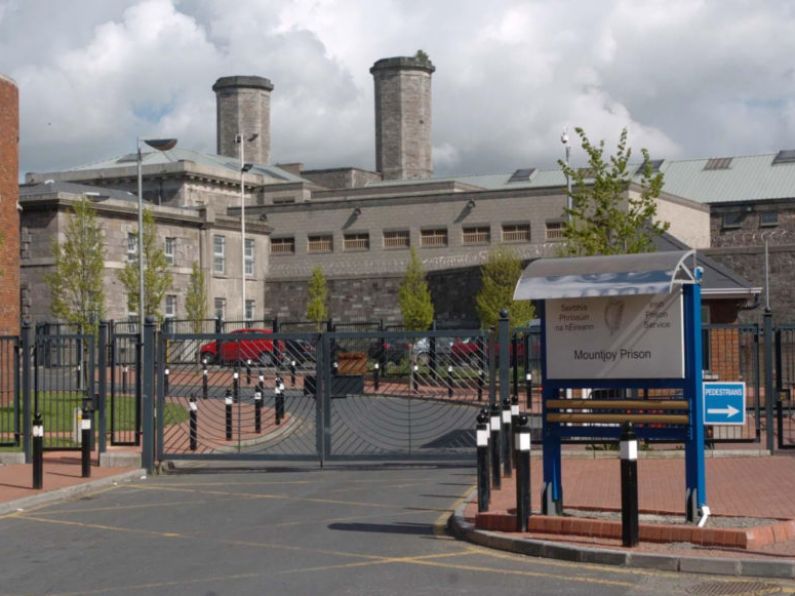Vivienne Clarke
The former governor of Mountjoy Prison, John Lonergan has warned that gang and drug feuds are responsible for violence in prisons, adding that if someone was determined to attack another prisoner, they would get the opportunity.
His comments come after an inmate, Robert O'Connor (34) died following an assault at the prison last Friday.
O'Connor, from Snowdrop Walk, Darndale in Dublin, died in hospital on Tuesday night. He was attacked in his cell on Friday evening and sustained serious head injuries.
Mr Lonergan told national radio that there was no guarantee that such attacks will never happen again.
Any individual incarcerated should be able to expect that their safety was guaranteed, Mr Lonergan said, however, he added the reality was that there was always a risk.
On rare occasions, people suffered severe injuries and death, while beatings were pretty common, he explained.
Mr Lonergan said there were very few assaults in prison 25 years ago, when there were no gangs or feuds. He said that has since changed, adding that the rise in prison violence is a drain on staff and resources.
Protective custody
There is now more than 400 prisoners in protective custody, he said, accounting for one tenth of the prison population. These prisoners had to be taken out of the mainstream prison population in order to enhance their safety.
Gardaí believe O’Connor was lured to the cell of another prisoner for the purposes of being attacked, though the incident went wrong and resulted in his death.
Mr Lonergan explained that while prisoners could not just walk about freely, there was the freedom to "drop into" the cell of another prisoner "to pick up something".
In 99 per cent of cases that was normal and safe, but if someone set out to organise an attack, it would be difficult to stop them in these circumstances.
He added that gang and drug activity continued inside all prisons, and occasionally young prisoners were recruited to join a gang while in prison under the mistaken belief that it would give them protection.
These unknowns, with no previous gang affiliation, could then be used by the gangs to carry out attacks, he explained, adding it is difficult for prison staff to identify such people and intervene.
The feeling within the prison system after a killing like that of O’Connor was a sense of failure, Mr Lonergan said, explaining the system had failed to carry out its number one priority which was to keep prisoners safe.
"It is depressing, it lowers morale. Sadly you can’t guarantee that it won’t happen again," he added.






